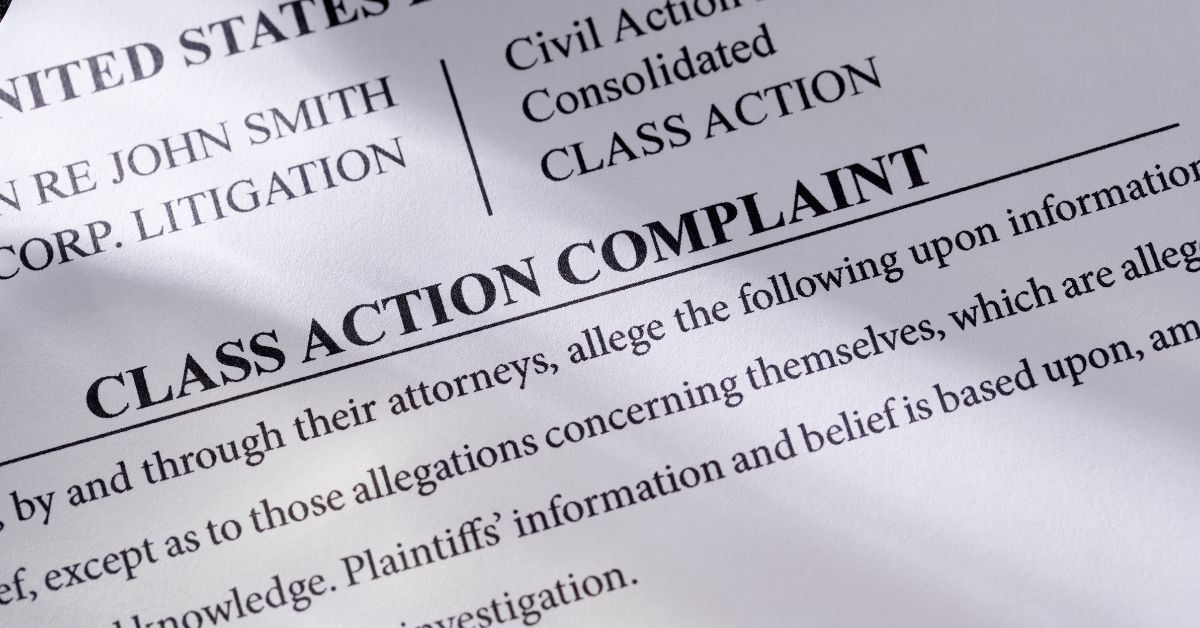How Is Chronic Guru Legal
How Is Chronic Guru Legal HHC, short for Hexahydrocannabinol, is a hemp-derived compound that has garnered significant interest and curiosity. It stands out among the various hemp-derived cannabinoids in circulation today, including Delta-8, THC-O, and Delta-10. This article aims to shed light on HHC, providing insights into its origin, production, effects, legality, and ongoing debates.
What is HHC?
HHC remains one of the more enigmatic hemp-derived cannabinoids, with contrasting information available regarding its legal status, health effects, and even its presence in cannabis plants. This obscurity partly stems from its recent emergence in the market and its limited availability, primarily through vape cartridges. Interestingly, while federal and state authorities have been banning well-known hemp-derived cannabinoids like Delta-8 THC, HHC appears to offer a more promising legal outlook. Notably, HHC is not a THC compound, which contributes to its appeal. There are even claims that it may not trigger positive results in drug screenings, although this remains largely anecdotal. Bearly Legal Hemp, a prominent retailer, reports a surge in the popularity of HHC, driven in part by the widespread bans on Delta-8 products across various states.
What is HHC and How is it Produced?
HHC, or Hexahydrocannabinol, traces its origins back to 1944 when American chemist Roger Adams created it by hydrogenating Delta-9-THC. This process, known as hydrogenation, involves adding hydrogen molecules to THC, converting it into hexahydrocannabinol. Hydrogenation, commonly used in food processing to transform vegetable oil into margarine, was initially applied to conventional THC. Today, HHC is predominantly derived from hemp, a low-THC variety of cannabis legalized by Congress in the 2018 Farm Bill.
The Production Process:
Creating HHC involves several steps, beginning with the extraction of CBD from raw hemp. Subsequent distillation and isolation processes follow, leading to a more intricate proprietary procedure conducted within a chemical reactor. This reactor essentially acts as a black box, taking in CBD and producing HHC. Safety is paramount in its production, particularly as the scale of production increases. The risk of explosions is a primary concern, necessitating production in an “explosion-proof” environment with proper grounding and prevention of static discharge.
Effects and Potency:
Understanding the potential effects and potency of HHC is a challenge due to its complex composition. HHC consists of two types of molecules: 9R HHC, which effectively binds to natural endocannabinoid receptors, and 9S HHC, with a slightly different molecular structure and weaker binding affinity. Richard Sams from KCA Laboratories suggests that the form that effectively binds to receptors produces effects similar to Delta-8 THC, albeit requiring a higher dosage. In essence, HHC does induce THC-like effects on both the body and mind but is less potent milligram per milligram than Delta-8 THC, which itself is approximately half as potent as Delta-9 THC. Users have reported various effects, including increased energy, mental alertness, pain relief, and a mild cerebral high with muscle relaxation.
HHC and Drug Tests:
While there is anecdotal evidence suggesting that HHC may not trigger positive results in drug tests, no scientific confirmation exists to date. Claims are based on the belief that HHC does not convert into 11-hydroxy-THC, a common metabolite detected in drug screenings. However, it’s crucial to note that this remains speculative, and relying solely on anecdotal evidence for employment-related drug tests is risky.
Safety and Legality:
As with many newly discovered hemp-derived cannabinoids, there is no standard dosing information, and research on its immediate and long-term effects is limited. Furthermore, hemp-derived cannabinoids, including HHC, often escape cannabis regulations in states with legal adult-use cannabis, meaning they may not undergo purity and potency testing. Some businesses do provide third-party lab results, though they may not be readily available. When considering HHC products, obtaining a Certificate of Analysis (COA) is advisable to ensure safety and credibility.
Read More : When Is It Legal To Back Up On An Expressway
HHC: Legal Considerations:
The legality of HHC is a central concern. Some argue that HHC, being hemp-derived and not a THC compound, exists in a legal gray area similar to Delta-8 and other cannabinoids. It’s contended that since HHC is naturally found in hemp seeds and pollen, it qualifies as a legal hemp extraction. However, skepticism exists, with experts raising the possibility that HHC might be subject to the Federal Analogue Act. This act considers substances analogous to Schedule I drugs, potentially placing HHC in a legal gray area similar to Delta-8 THC. While there are no specific laws against HHC at present, its status remains uncertain.
Read More : Why Abortion Should Be Legal Essay
In Conclusion:
HHC-containing products thrive in the uncertain space between legal hemp and illicit THC cannabis. Consumers must weigh the potential risks and benefits until HHC undergoes regulation in their respective states. When considering HHC products, ensure you have access to COA data to validate quality and credibility.





